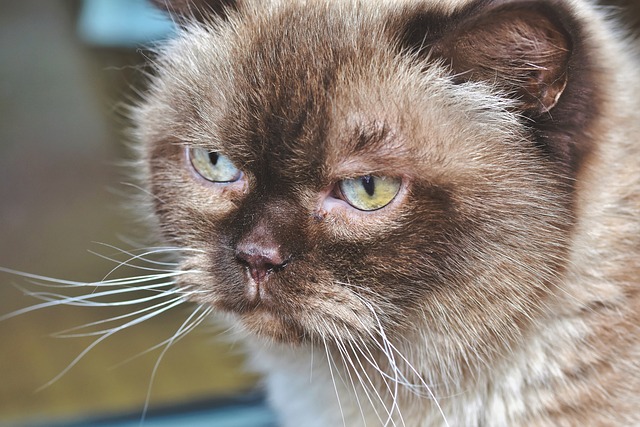Introduction:
Recently, the veterinary community has been introduced to a new prescription cat food claiming to cure hyperthyroidism within three weeks. This development raises important questions about the efficacy and potential drawbacks of this alternative treatment option. In this article, we will examine the merits and concerns surrounding Hill’s Pet Nutrition’s y/d Thyroid Health diet.
Prescription Diets and Feline Nutrition:
The author begins by expressing reservations about prescription diets, citing concerns about their ingredients, which often include meat by-products, corn, soy, and grains – substances that may not align with a cat’s obligate carnivore dietary needs. This skepticism lays the groundwork for a critical examination of the new hyperthyroidism diet.
Understanding Hyperthyroidism:
Hyperthyroidism is a prevalent condition primarily affecting middle-aged and older cats. It arises from an overproduction of thyroid hormones, impacting various bodily organs. The author highlights the potential secondary issues, including hypertension, heart, and kidney disease, that can stem from this hormonal imbalance.
Current Hyperthyroidism Treatment Options:
The article outlines the three existing treatments for hyperthyroidism: medication, surgery, and radioactive iodine therapy. The latter, known as Radioiodine (I-131) therapy, is lauded as the gold standard, offering an exceptionally high success rate with minimal side effects.
Introducing y/d Thyroid Health Diet:
The focus shifts to Hill’s Pet Nutrition’s new diet, y/d Thyroid Health. The author initially expresses skepticism about its bold claim of curing hyperthyroidism through dietary modification alone. A closer look at the ingredient list, which lacks essential animal protein and relies on corn gluten meal, soybean hulls, and dried egg product, raises further concerns about nutritional adequacy.
Expert Opinions on y/d Thyroid Health:
The article features insights from experts in the field, including Dr. Jean Hofve and Dr. Eric Barchas. Both experts express reservations about the diet’s claims and emphasize the need for more extensive, long-term studies to validate its effectiveness and safety. Questions about potential interactions with kidney disease and extended use are also raised.
Personal Experience and Conclusion:
Drawing from personal experience, the author reveals that if faced with a hyperthyroidism diagnosis in their cats, they would opt for radioactive iodine treatment, not the new diet. This candid perspective reinforces the importance of thorough consideration when evaluating alternative treatments for feline hyperthyroidism.
Closing Thoughts:
The article serves as a comprehensive exploration of the new prescription diet for feline hyperthyroidism, offering a balanced assessment of its potential benefits and concerns. It encourages cat guardians to approach such innovations with a critical eye, prioritizing their feline companion’s long-term health and well-being.



